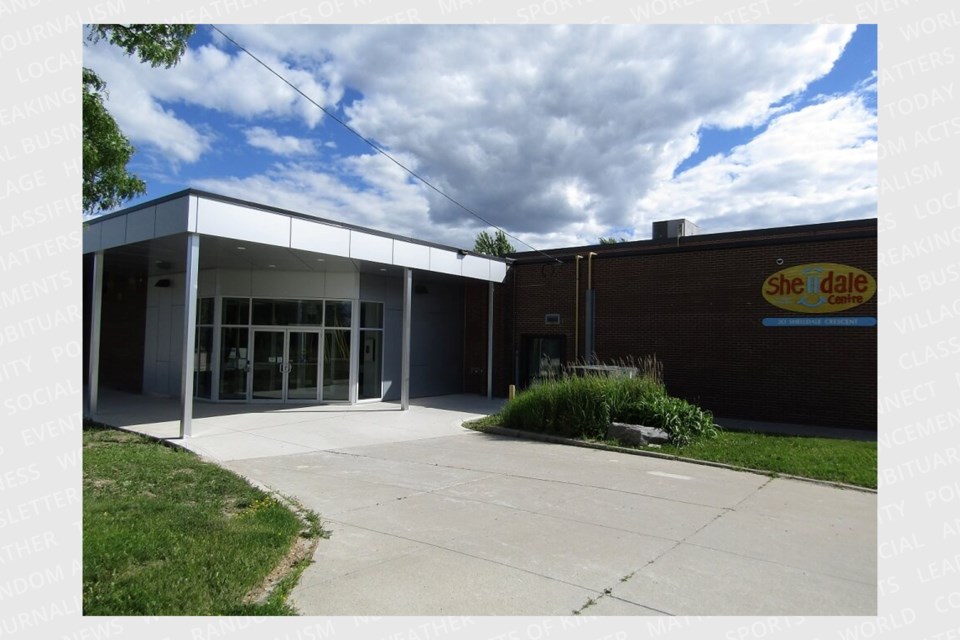Compass Community Services is ending and changing existing therapy services for people it serves in Guelph and Wellington County.
The brief therapy program Compass provides to clients in Guelph, Fergus and Mount Forest is ending. The walk-in-therapy program will continue with some changes.
Previously, Compass offered a brief therapy program, where clients could attend up to three therapy sessions. It is a short-term option while people are on waitlists for longer term therapy outside of Compass. Clinicians, ethically could not deny clients if they came for more than three sessions.
“The brief therapy was turning into longer-term therapy, and we are not funded to do that,” said Joanne Young Evans, Compass executive director, in an interview with GuelphToday.
The program will end on June 1, although sessions are fully booked.
The end to the brief therapy program means clients will not have to pay the $15 fee. Most people couldn’t pay the $15 fee when accessing the program, said in the press release.
The Compass board for the first time since Young Evans started at Compass eight years ago, approved a deficit budget, she said. It was so the brief therapy program could run until June 1, 2023.
As of Wednesday this week the walk-in single session therapy program is free.
In Guelph at 20 Shelldale Cres. walk-in virtual and in-person therapy is offered on Wednesdays from 1 to 7:30 p.m. In Fergus at 900 Tower St. S. walk-in therapy is offered on Thursdays from 1 p.m. to 7:30 p.m.
The walk-in program is open to all ages.
The walk-in therapy is fully funded, and is free for clients. It used to be on a sliding scale for the Guelph location but was fully funded by the province in Fergus and Mount Forest.
“We’ve done pre and post surveys with our single-session walk-in. And we’ve shown and proven, pre-imposed how people are feeling when they leave after a single-session and it works,” says Young Evans.
Funding for the single session walk-in therapy has been provided by United Way.
“Like many non-profits, Compass has been greatly affected by the reduced availability of funding and the increased complexity of residents’ mental health,” stated in the press release.
“We are very fortunate, but if funding goes down to much less I am just not going to be able to do this,” said Young Evans in an interview.
While brief therapy will not be offered anymore, Compass does realize this could put a strain on other services offered like Compass’s distress line, Here 24-7, primary care, and emergency services, said in the press release.
Compass offers short-term therapy but recognizes there are long waitlists for continued therapy for complex and ongoing mental health issues, “Compass will continue to advocate for funding for mental health services within our community,” said in the release.
“We have the expertise to support clients with complex needs, but we just don't have the funding to provide the long-term care they ethically require,” said Young Evans, in the release.
Healthcare and social services in the province need an overhaul, she said in the interview.
“Decide whether the program is of critical importance and needs to continue. And if it does then fund it sustainably. If it does not, cut it.”
When it comes to mental health the lower levels on the list of mental health needs, people who need counselling or therapy, not medication, or psychotherapy, need to be treated too before it gets to the point where it becomes expensive.



